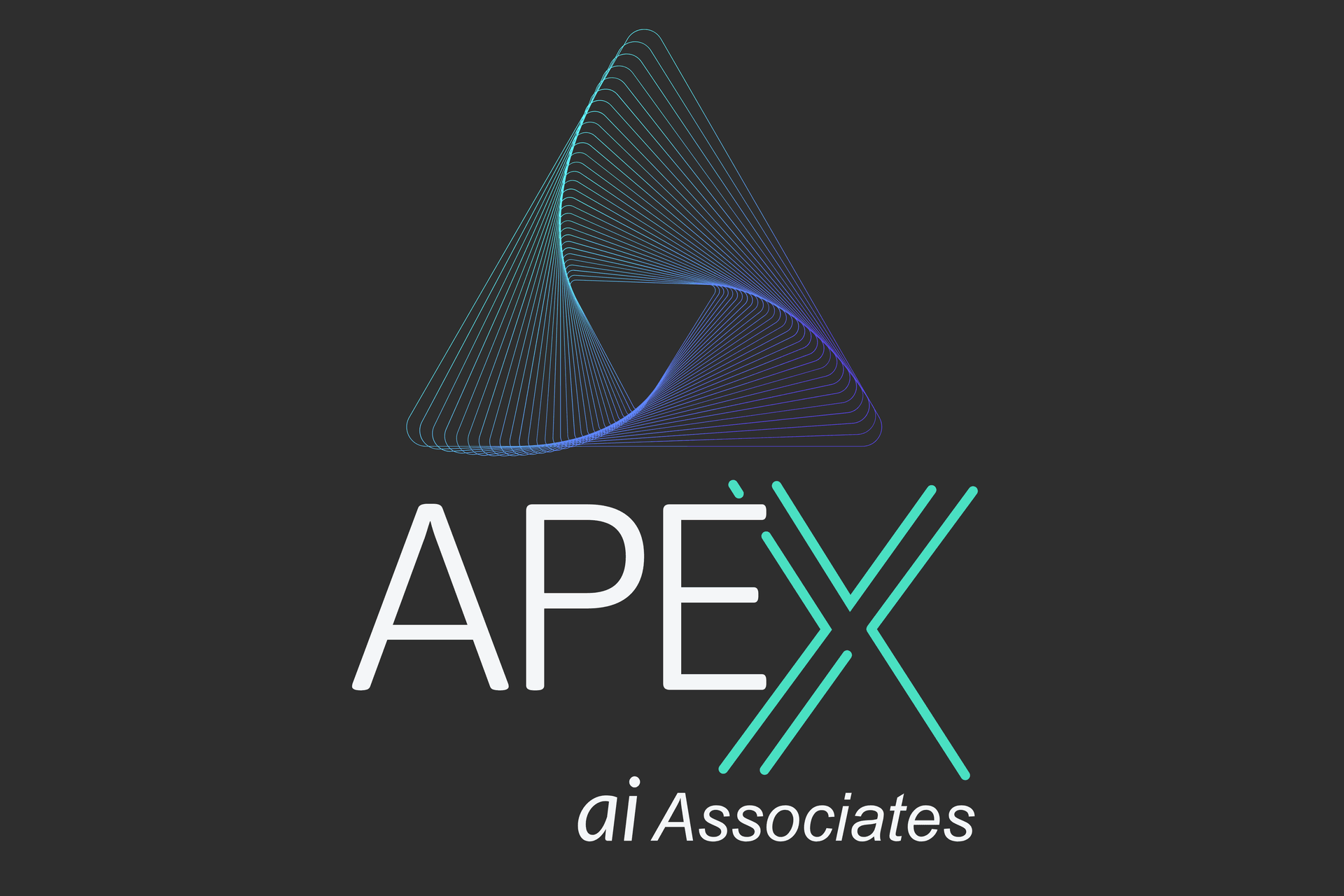Effective Generative AI Use Cases: How Companies Are Transforming Their Operations
Introduction to Generative AI in Business
Generative AI is revolutionizing the way companies operate, offering transformative capabilities that enhance efficiency and innovation. From automating tedious tasks to providing deep insights, businesses across industries are finding creative applications for these advanced technologies.

Enhancing Customer Experience
One of the most impactful uses of generative AI is in improving customer experience. Companies are leveraging AI to create personalized experiences at scale. By analyzing customer data, AI can generate tailored recommendations and content, ensuring that customers receive relevant and timely information.
Additionally, AI-powered chatbots and virtual assistants are becoming increasingly sophisticated. They can handle complex queries, provide instant support, and learn from interactions to improve over time. This not only enhances customer satisfaction but also frees up human resources for higher-level tasks.
Streamlining Content Creation
Content creation is another area where generative AI is making significant strides. Businesses are using AI to generate everything from product descriptions to full-length articles, drastically reducing the time and resources needed for content production. This allows companies to maintain a high volume of quality content without overburdening their teams.

Furthermore, AI tools can assist in optimizing content for SEO, ensuring that it reaches the intended audience effectively. By analyzing trends and keywords, generative AI helps in crafting content that not only engages readers but also ranks well in search engines.
Optimizing Supply Chain Operations
Generative AI is also making waves in supply chain management. Through predictive analytics, AI can forecast demand, optimize inventory levels, and identify potential disruptions. This enables companies to enhance their supply chain resilience and efficiency, reducing costs and improving service delivery.
Moreover, AI-driven automation in logistics and warehousing is streamlining operations. By automating routine tasks, companies can reduce human error, increase throughput, and focus on strategic planning.

Driving Innovation in Product Development
In product development, AI is acting as a catalyst for innovation. By analyzing customer feedback and market trends, generative AI provides insights that guide the design and development of new products. This ensures that new offerings are aligned with market needs and consumer preferences.
AI can also simulate various scenarios during the product development phase, allowing companies to test and refine ideas quickly and cost-effectively. This accelerates the innovation cycle and fosters a culture of continuous improvement.
Conclusion: The Future of Generative AI in Business
The adoption of generative AI is ushering in a new era of business transformation. As companies continue to explore and implement these technologies, they will uncover even more innovative use cases that drive growth and competitive advantage. The key to success lies in staying informed and being open to the possibilities that generative AI offers.
Ultimately, the effective use of generative AI not only enhances operational efficiency but also positions companies at the forefront of their industries. As these technologies evolve, businesses that embrace them will be well-prepared to navigate the challenges and opportunities of the future.
